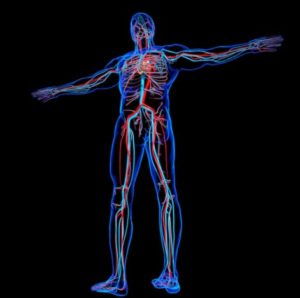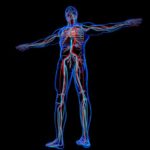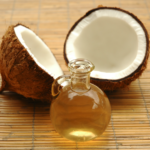At West Florida Vein Center, we realize that most of our patients are not doctors themselves and many have likely only a basic understanding of the vascular circulatory system as a whole.
While this is generally fine, as a person ages or their vein health becomes an issue, there may come a time when treatment at a vein center by a licensed vascular specialist becomes necessary. For those who become vein patients, a certain knowledge and understanding of the vascular system as a whole becomes vital in understanding and addressing their conditions.
 Below you will find a basic introduction to the vascular system.
Below you will find a basic introduction to the vascular system.
This basic guide is simply meant to introduce you to some of the vocabulary your vein specialist will likely be using in appointments with you, ensuring that their directions and recommendations are clear.
The vascular system (circulatory system) is made up of a series of blood vessels designed to carry blood, nutrients, and oxygen throughout the body’s tissues. At the same time, waste matter is picked up throughout the tissues and carried to the correct locations for disposal.
There are three major types of blood vessels
- Capillaries are extremely numerous and tiny blood vessels located between the veins and arteries. The main purpose of capillaries is to assist both the arteries and the veins as they perform their functions. Capillaries distribute the oxygenated blood from the arteries out into the cells, and then collect the waste and distribute it back into the veins
- Veins are medium-sized vessels that perform an extremely important function in the circulatory system. It is the job of the body’s veins to pump blood from throughout the body’s tissues back to the heart, expanding as they collect waste.
- Arteries are the largest, fewest, and most vital vessels within the human body. The purpose of arteries is to carry oxygen-rich blood pumped directly out of the heart and distribute it throughout all other tissues. The body’s major arteries are quite large but break down into smaller and smaller branches in order to be able to reach all of the body’s organs.
It’s easy to see how crucial this system is to all the health of the body.
Other vital systems include – the respiratory, digestive, and urinary systems, as well as the body’s ability to regulate its own temperature – would not be able to function without nearly constant interaction from the vascular system. Because the pumping action in the vascular system has to constantly battle with the force of gravity, the body’s arteries, veins, and capillaries must work very hard, and they are highly sensitive to problems and issues.
While you may understand the vascular system a little better after reading this, unless you are a physician you will most likely not be able to self-diagnose or treat any venous conditions that come up. Without a properly functioning system of blood vessels to distribute oxygen and eliminate waste, the body would simply fail.
To learn more about the vascular system and the importance of your vascular health, please get in touch with Dr. Mark Zuzga, D.O. at West Florida Vein Center today. www.westfloridaveincenter.com 727-712-3233.


 Dry vs. Wet Saunas – Are they good for you and can they help your heart?
Dry vs. Wet Saunas – Are they good for you and can they help your heart?
